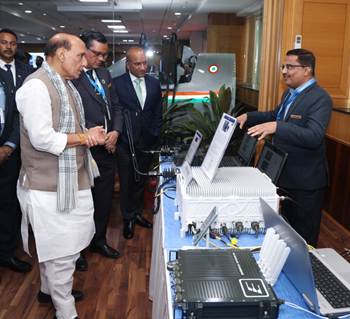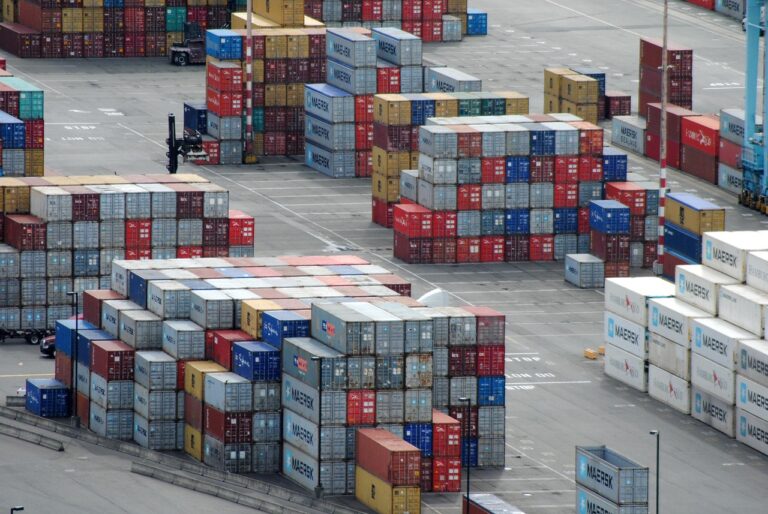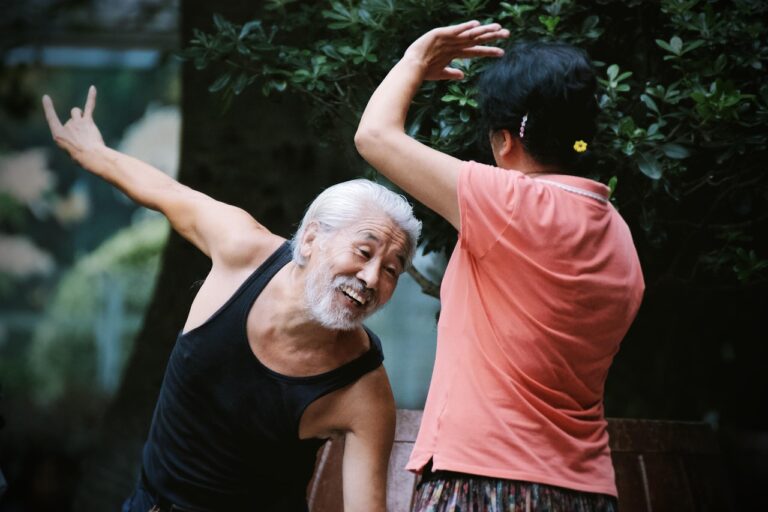
India External Affairs Minister Dr. S.Jaishankar with his Russian counterpart Sergei at a joint press conference in Moscow today
Moscow: Moving beyond the established areas, India has been discussing greater inter regional cooperation particularly with the Russian far east. It may be mentioned that Russian Far Eastern Federal District shares land borders with China and North Korea to its south.
Disclosing this after today’s meeting with Russian Foreign Minister Sergei Lavrov here, Indian External Affairs Minister Dr. Subrahmanyam Jaishankar said, “We spoke about how we could take that forward, there are some agreements which have to be signed, I think we have made some progress there. We discussed connectivity especially the North South Corridor, we discussed it yesterday with Mr Borisov but also today with Mr Lavrov, the Chennai-Vladivostok Eastern Maritime Corridor as well. I briefed him about what is happening in terms of developments in India and I think overall our sense of economic cooperation and science and technology cooperation was very positive.
As in terms of regional and global issues, India is poised to hold the Presidency of the Security Council in August 2021, Jaishankar said he shared with Foreign Minister Lavrov, “our plans and ideas for that month and we obviously value Russian participation and cooperation in that regard”. He added: “I’d say, in the UN security council, this is not a surprise, in fact, it’s very much a natural happening, that we’ve worked very cooperatively and positively, so the strength of our strategic partnership is expressed today when it comes to deliberations in the UN. India is currently the chair of the BRICS and also of the RIC, it is also something we discussed, we have common membership of G-20, of ASEAN led forums, SCO and CICA. We have an SCO Foreign ministers’ meeting coming up very soon.”

Both ministers also discussed in detail the situation in Afghanistan that has a direct implication for regional security. “We believe that the immediate need of the day is really a reduction in violence and if we have to see peace within Afghanistan and around Afghanistan, it’s important for India and Russia to work together and ensure that much of the progress that we’ve seen in economic, social and democratic terms are maintained. We are both committed to an independent, sovereign, united and democratic Afghanistan,” Jaishankar said. He added that beyond Afghanistan, they also spoke in some detail on what was happening in Syria, about the Iran issue, Libya as both India and Russia have longstanding interests in the region. “We believe that Peace and stability in such a sensitive region is very very important for global interest,” he said, while stating categorically that India had always seen its relationship with Russia as a contribution to global peace, security and stability. “I think what makes our working together so natural and comfortable is our belief in a multipolar global order. We consider that to be a reflection of a very natural and inevitable process of evolution of inter-state relations in the 21st century,” he added..
Jaishankar said he also shared India’s view-point on the Indo-Pacific. “We support cooperation that reflects the multi-polar and rebalanced character of global politics. What I told Minister Lavrov is, we are very much committed to the centrality and unity of the ASEAN and we believe that the Indo-Pacific Oceans Initiative which we tabled at the East-Asia Summit is very important for the larger region. We of course because of our larger geo-political compatibility with Russia, we see a more active Russian presence and participation in the region as something very very important,” he said.
Lavrov said both nations reaffirmed the need to sign an updated investment protection agreement before agreeing on a programme of trade, economic and investment cooperation to 2030 and completing the work on a number of other documents “that can actually help our cooperation break new ground”. He added that both he and Jaishankar exchanged views on trade and economic cooperation. This subject was also at the top of the agenda during yesterday’s meeting between Foreign Minister Jaishankar and Deputy Prime Minister Yury Borisov as together, they head the Intergovernmental Commission on Trade and Economic Cooperation.
The Russian Foreign Minister said they looked forward to the Intergovernmental Commission’s existing mechanisms developing additional measures to stimulate trade, economic and investment cooperation. “It is a good sign that in the first four months of this year, our trade has grown by almost 12 percent. These dynamics must be promoted in every possible way,” he said.
Jaishankar referred to what he called a “new dimension” that has been added to India-Russia relationship, that is the agreement to hold the 2+2 Dialogue of Foreign and Defence Ministers. “We felt that we should do that sometime as per mutual convenience this year. Otherwise I can say we are very satisfied with the all round development of our relations,” he said during the joint press conference. He further referred to the cooperation between the two countries on the nuclear, space, energy and defence sectors. He informed that the Kudankulam Nuclear Power Plant project was on track and the concrete first pour for Unit 5 had taken place. Besides, calling Russia as India’s “original and strongest” partner on Space, he said the energy cooperation between two too had grown very significantly in the last few years. He disclosed that both countries had agreed on new potential investments and long term commitments in the field of oil and gas. “Our defence military technical cooperation but I would say even industrial collaboration today has been strengthened by Russian interest in Make in India programme, which is very visible,” he further pointed out.
Lavrov acknowledged, saying: “We had a good discussion covering the entire bilateral agenda plus international and regional affairs. We reaffirmed that strong and diversified ties between our countries rely on a solid foundation of mutual trust and enjoy strong immunity against the international political environment.” He said both ministers also discussed ways to coordinate their actions given that people need to go places and visit other countries. “We have some ideas in this regard, which our Indian friends have come up with. We will work on them in practice,” he said while mentioning that much had been accomplished in fighting the COVID-19 pandemic – “The Russian Direct Investment Fund has signed agreements with leading Indian pharmaceutical companies to produce the Russian vaccine. Pilot production has already been tested. Now, the relevant agencies are coordinating ways to organise commercial production. I’m confident that production of the Russian vaccine in India will come as a significant contribution to global efforts to combat this virus.”
Jaishankar appreciated Russia’s support to India during the second wave of the Covid pandemic this year. There were four consignments which were flown-in on a very expedited basis by the Russian Government and now India has become a partner of Russia in the production and use of the Sputnik V vaccine. “We believe that this is not only good for the two of us but it has positive implication for the rest of the world,” he said.
Meanwhile, the respective heads of sate will determine the specific date for the annual Russian – Indian summit depending on coronavirus related developments. “We paid special attention to promoting the political dialogue and preparing the content for the upcoming Russian-Indian summit this year,” Lavrov said. Jaishankar responded: “I can assure you that when the Annual Bilateral Summit takes place this year, the development, the progress in our cooperation will be very much on display before all of you.”
Earlier Russian Foreign Ministry Spokesperson Maria Zakharova had said Lavrov and Jaishankar also had in their agenda for discussions, the settlement process in Syria, developments around Iran’s nuclear programme and approaches to forming a reliable and indivisible security architecture in the Pacific and Indian oceans, besides Afghanistan. The ministers also compared approaches to cooperation within the UN, BRICS, the SCO, and the RIC format.
– global bihari bureau





